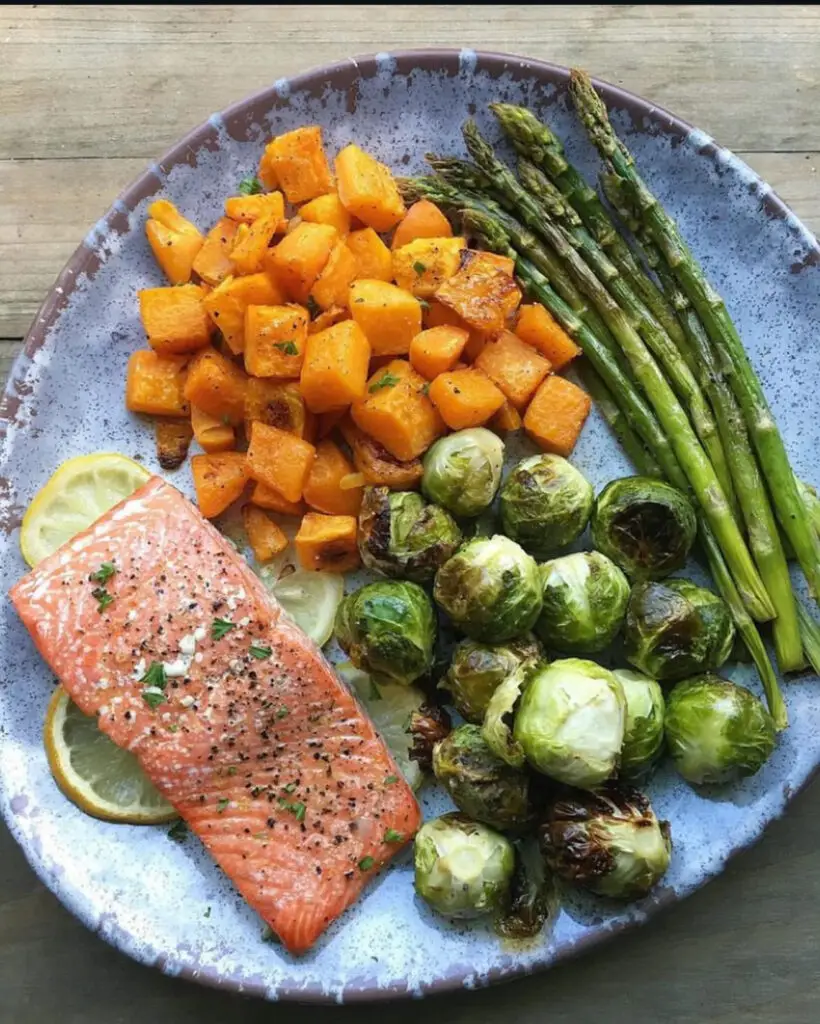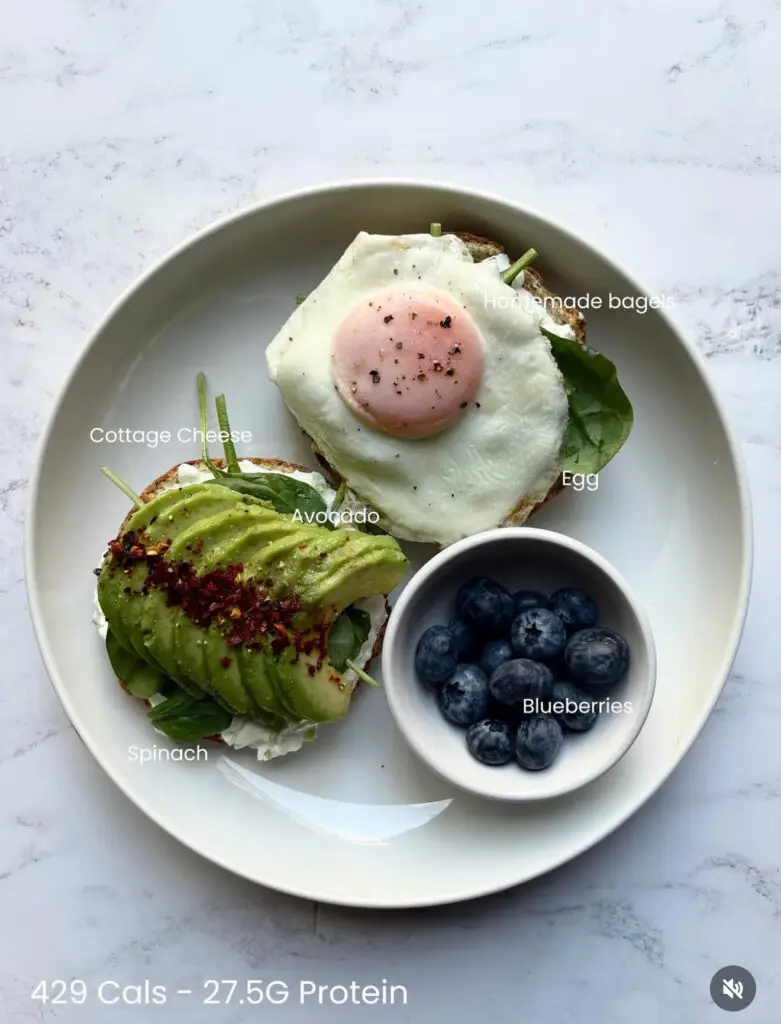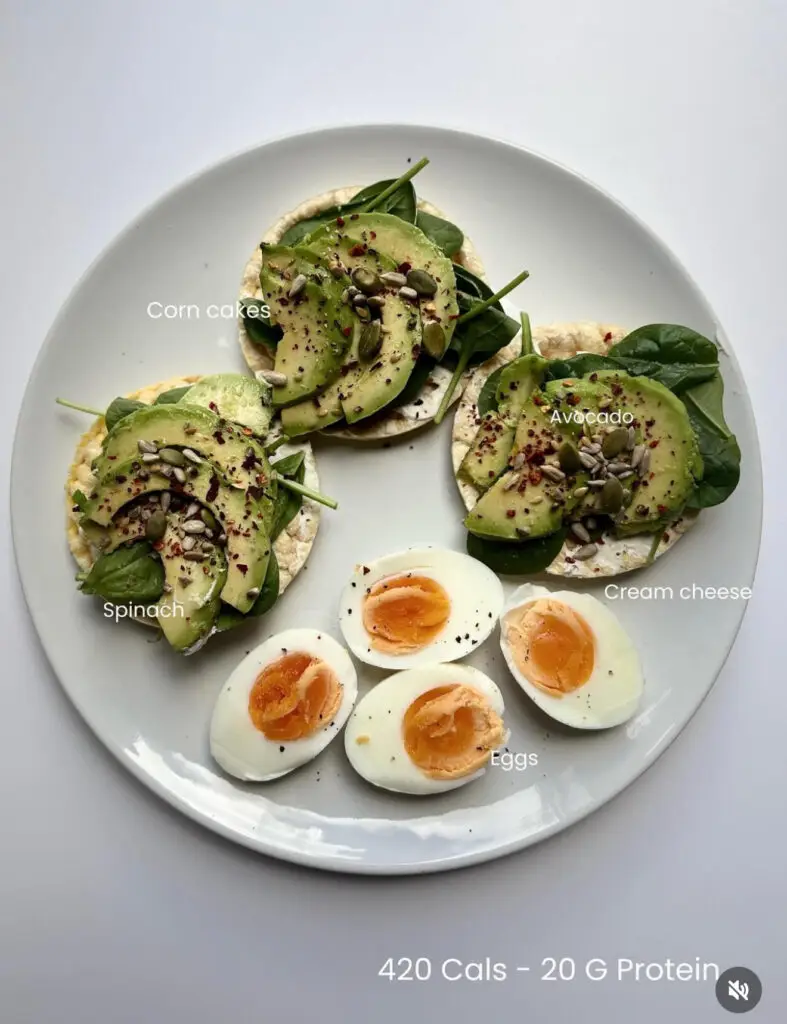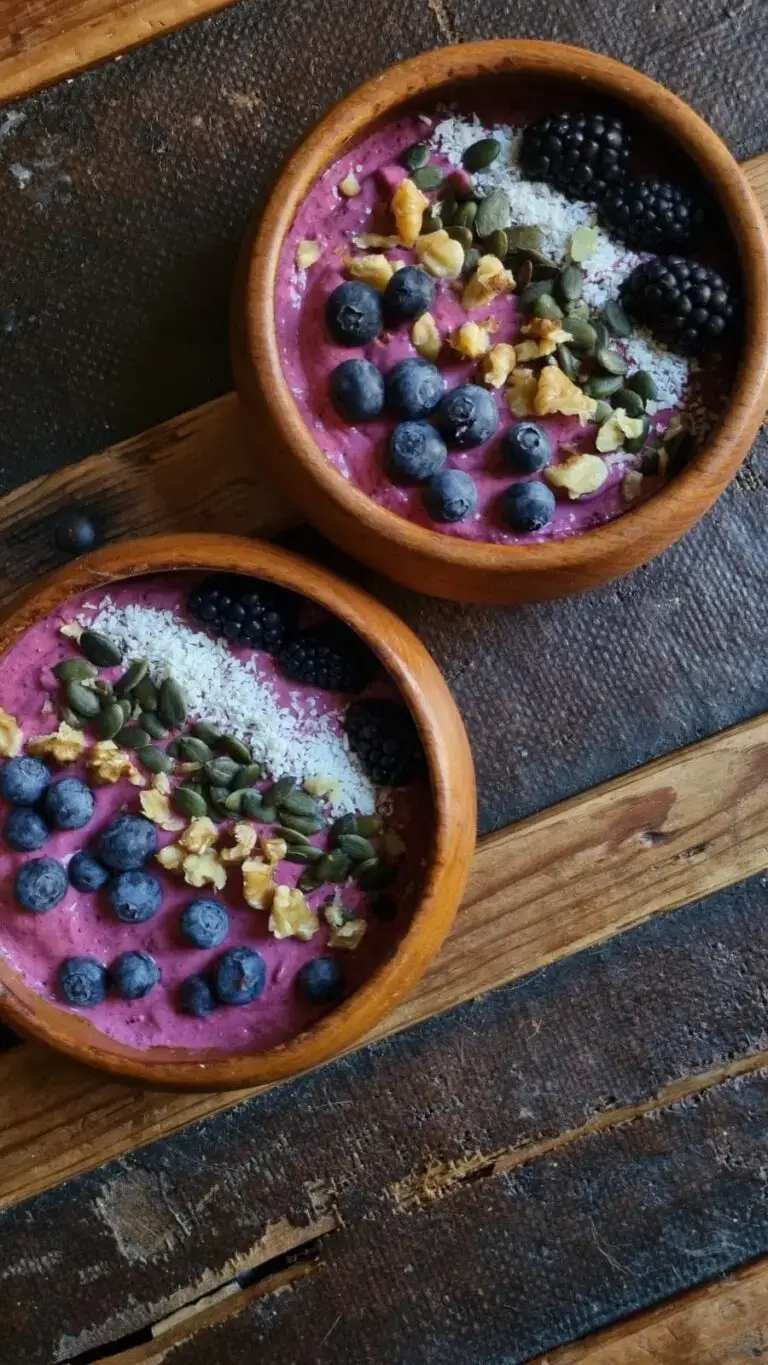By Will Duru, BSc (Hons) Sport and Exercise Science, Award-winning Personal Trainer with over 10 years of experience in strength training and optimising recovery
In my ten years as a personal trainer in the heart of London, helping women become strong and powerful, one question comes up more than any other: “Will, do I *have* to eat meat to build muscle?”
It’s a question loaded with confusion, myth, and a little bit of hope. Hope that the answer is ‘no’. Hope that there’s a way to achieve your strength goals without compromising your dietary choices.
Well, I’m here to give you the straight answer, backed by science and a decade of in-the-trenches experience. And the answer is refreshingly simple: No, you do not need to eat meat to build muscle.
What you need is *protein*. And more importantly, you need the right *amount* and *quality* of protein. The source is just a detail, a choice that you have the freedom to make. This isn’t about forcing yourself into a dietary box; it’s about understanding the real principles of muscle building so you can make informed, powerful choices for your own body.

First Things First: How Much Protein Do You Actually Need?
Let’s cut through the noise. The standard protein recommendations you see online are often for sedentary individuals, not for women who are actively strength training. When you lift weights, you are purposefully creating tiny micro-tears in your muscle fibres. Protein is the essential building material your body uses to repair those tears and rebuild your muscles stronger than before. Skimping on protein is like asking a construction crew to build a house with half the required bricks.
So, how many “bricks” do you need? Scientific research consistently shows that for strength athletes, the goal should be significantly higher than the standard recommendations. A key 2006 study in the *British Journal of Sports Medicine* established that female strength athletes should aim for 1.4 to 1.8 grams of protein per kilogram of body weight (or about 0.6 to 0.8 grams per pound) [1]. Some research even suggests going as high as 2.0g/kg for optimal results.
For a 68kg (150lb) woman, this translates to a daily target of 95-122 grams of protein. This is your target zone for maximising muscle repair, recovery, and growth. Tracking this can feel like a chore, which is why using a simple app like myfitnesspal that also tracks nutrition, and 12Reps app to track your strength gain can be a game-changer.

The Meat vs. Plant Debate: It’s All About Leucine
Now for the big question: if the source doesn’t matter, why does everyone think animal protein is superior? The answer isn’t in the meat itself, but in something much smaller: an amino acid called leucine.
Think of leucine as the master switch for muscle building. When you consume protein, it’s the presence of leucine that signals to your body to kickstart the muscle protein synthesis (MPS) process—the scientific term for building muscle. As leading research from the *American Journal of Clinical Nutrition* points out, hitting a threshold of about 3-4 grams of leucine per meal is what truly maximises this muscle-building signal [4].
Animal proteins, like meat, eggs, and whey, are naturally rich in leucine, which makes it very easy to hit this target. This is why they have a reputation for being the “gold standard.”
But here’s the secret that changes the game for plant-based eaters: you can absolutely get enough leucine from plants. You just have to be a little smarter about it. A groundbreaking 2024 study found that a plant-based protein blend fortified with extra leucine stimulated muscle growth to the *exact same degree* as whey protein in both men and women [2].
This is liberating! It means the power isn’t in the steak; it’s in the science. You have the choice. You can get your leucine from animal sources, or you can get it by intelligently combining plant sources or using a high-quality, leucine-enhanced plant protein powder.

The Smart Plant-Based Playbook for Building Muscle
Opting for a plant-based or plant-forward approach to muscle building is entirely achievable, but it requires a bit more planning. A 2024 study on women transitioning to a vegan diet found that, despite being educated on nutrition, their protein intake and muscle mass dropped significantly [5]. This isn’t a failure of the diet itself, but a predictable challenge of changing habits without a clear strategy.
Here is your simple playbook to avoid that pitfall:
- Prioritise High-Leucine Plants: Focus your meals around plant-based sources that are naturally higher in leucine. This includes lentils, tofu, edamame, chickpeas, black beans, and pumpkin seeds.
- Combine Your Proteins: You don’t need to eat a “complete” protein at every single meal, but it’s a helpful strategy. Combining foods like rice and beans, or hummus and whole-wheat pita, creates a more complete amino acid profile.
- Consider a High-Quality Supplement: A good plant-based protein powder (look for a blend of pea and rice protein, often fortified with leucine) is one of the easiest and most effective ways to ensure you hit your protein and leucine targets, especially post-workout.
- Track Your Intake: When starting out, tracking your protein intake is especially crucial. Use MyFitnessPal and strength training apps like the 12Reps app to track your daily grams and strength training sessions, ensuring you’re consistently meeting your goals. This removes the guesswork and guarantees your hard work in the gym pays off.

The Choice is Yours. The Strength is Yours.
So, as a female lifter, do you need to eat meat to build muscle? Absolutely not. What you need is a commitment to fueling your body with enough high-quality protein, around 1.4-1.8g per kilogram of bodyweight, and ensuring you get enough leucine to flip that all-important muscle-building switch.
Whether you do that with chicken and eggs, or with lentils, tofu, and a smart plant-based protein shake, is your choice. The strength you build, the confidence you gain, and the power you feel will be all yours.

References
[1] Volek, J. S., Forsythe, C. E., & Kraemer, W. J. (2006). Nutritional aspects of women strength athletes. *British Journal of Sports Medicine*, 40(9), 742–748. https://pmc.ncbi.nlm.nih.gov/articles/PMC2564387/
[2] Lim, C., Janssen, T. A. H., Currier, B. S., Paramananthasivam, L., McKen, J., Abou Sawan, S., & Phillips, S. M. (2024). Muscle Protein Synthesis in Response to Plant-Based Protein Isolates With and Without Added Leucine Versus Whey Protein in Young Men and Women. *Current Developments in Nutrition*, 8(6), 102179. https://www.sciencedirect.com/science/article/pii/S2475299124017037
[3] Lim, M. T., Pan, B. J., Toh, D. W. K., Sutanto, C. N., & Kim, J. E. (2021). Animal Protein versus Plant Protein in Supporting Lean Mass and Muscle Strength: A Systematic Review and Meta-Analysis of Randomized Controlled Trials. *Nutrients*, 13(2), 661. https://pmc.ncbi.nlm.nih.gov/articles/PMC7926405/
[4] Volpi, E. (2018). Is leucine content in dietary protein the key to muscle preservation in older women?. *The American Journal of Clinical Nutrition*, 107(2), 143–144. https://pmc.ncbi.nlm.nih.gov/articles/PMC6248570/
[5] Isenmann, E., Trojak, I., Lesch, A., Schalla, J., & Diel, P. (2024). The influence of a vegan diet on body composition, performance and the menstrual cycle in young, recreationally trained women– a 12-week controlled trial. *Journal of the International Society of Sports Nutrition*, 21(1), 2413961. https://www.tandfonline.com/doi/full/10.1080/15502783.2024.2413961





